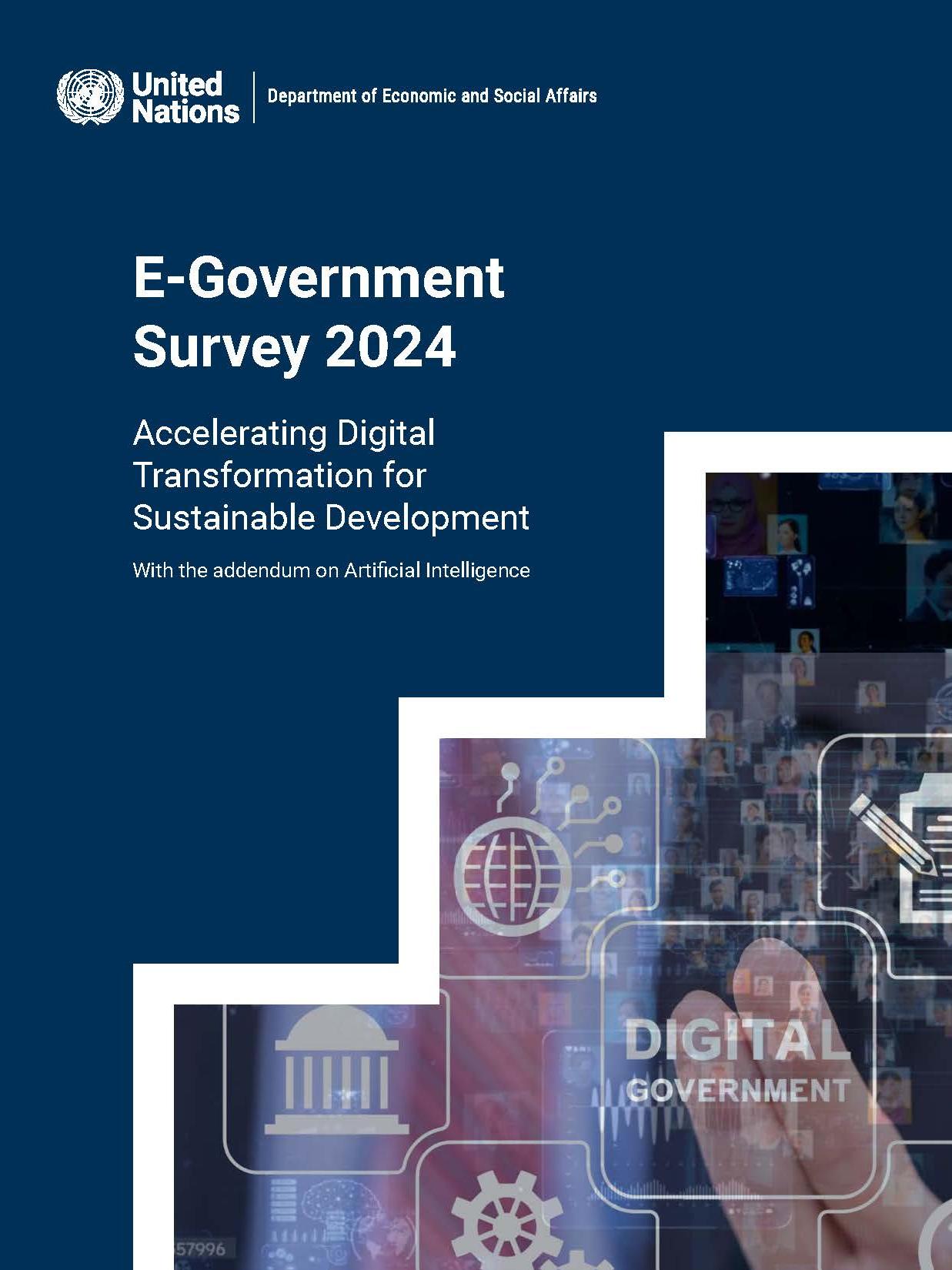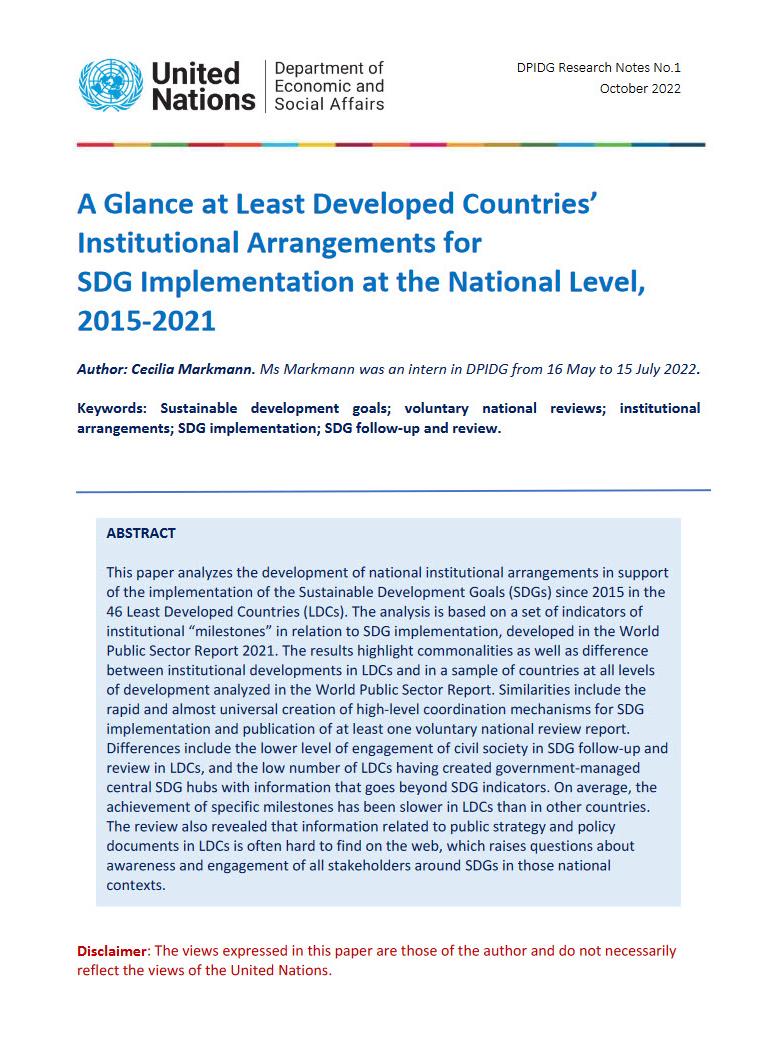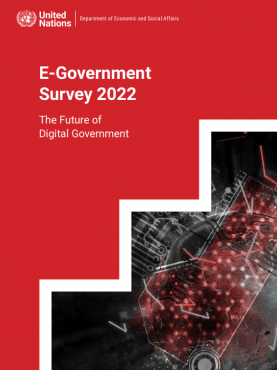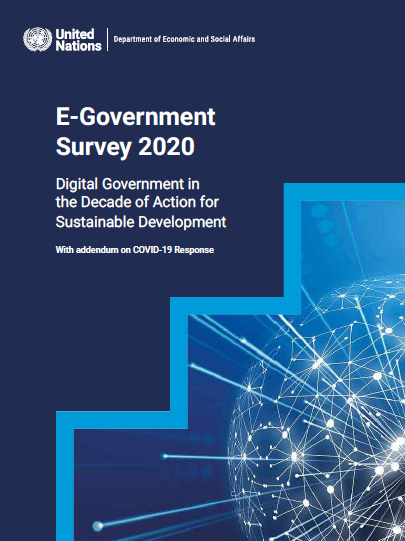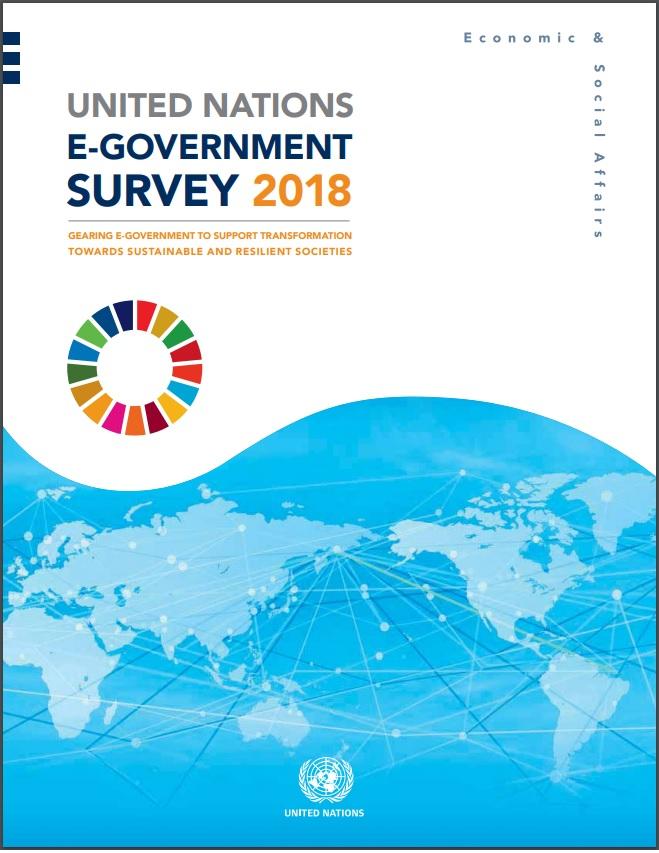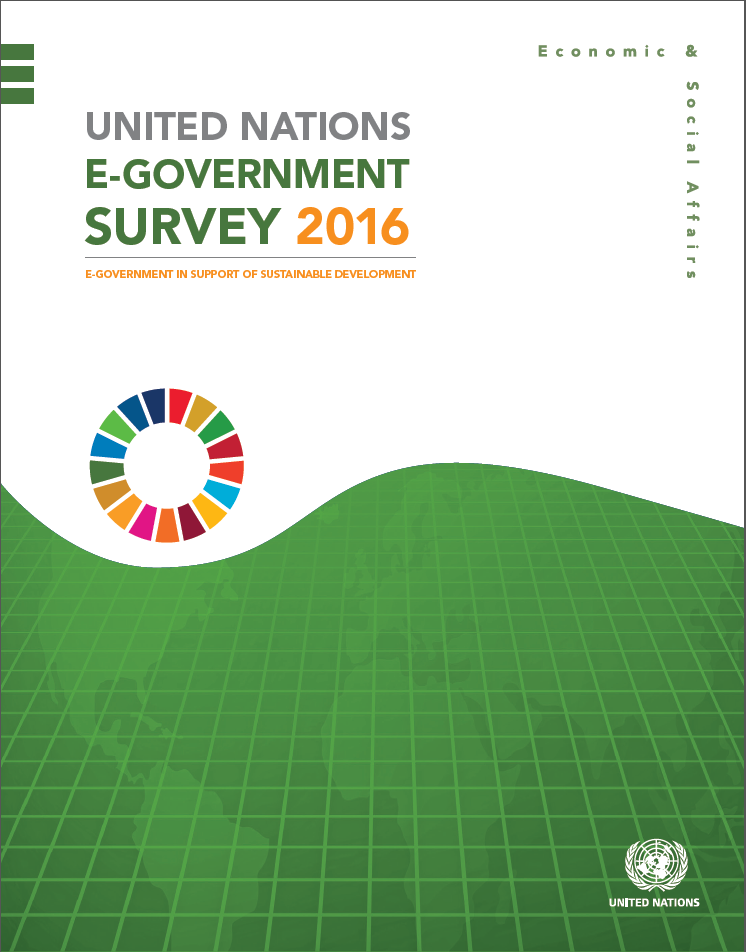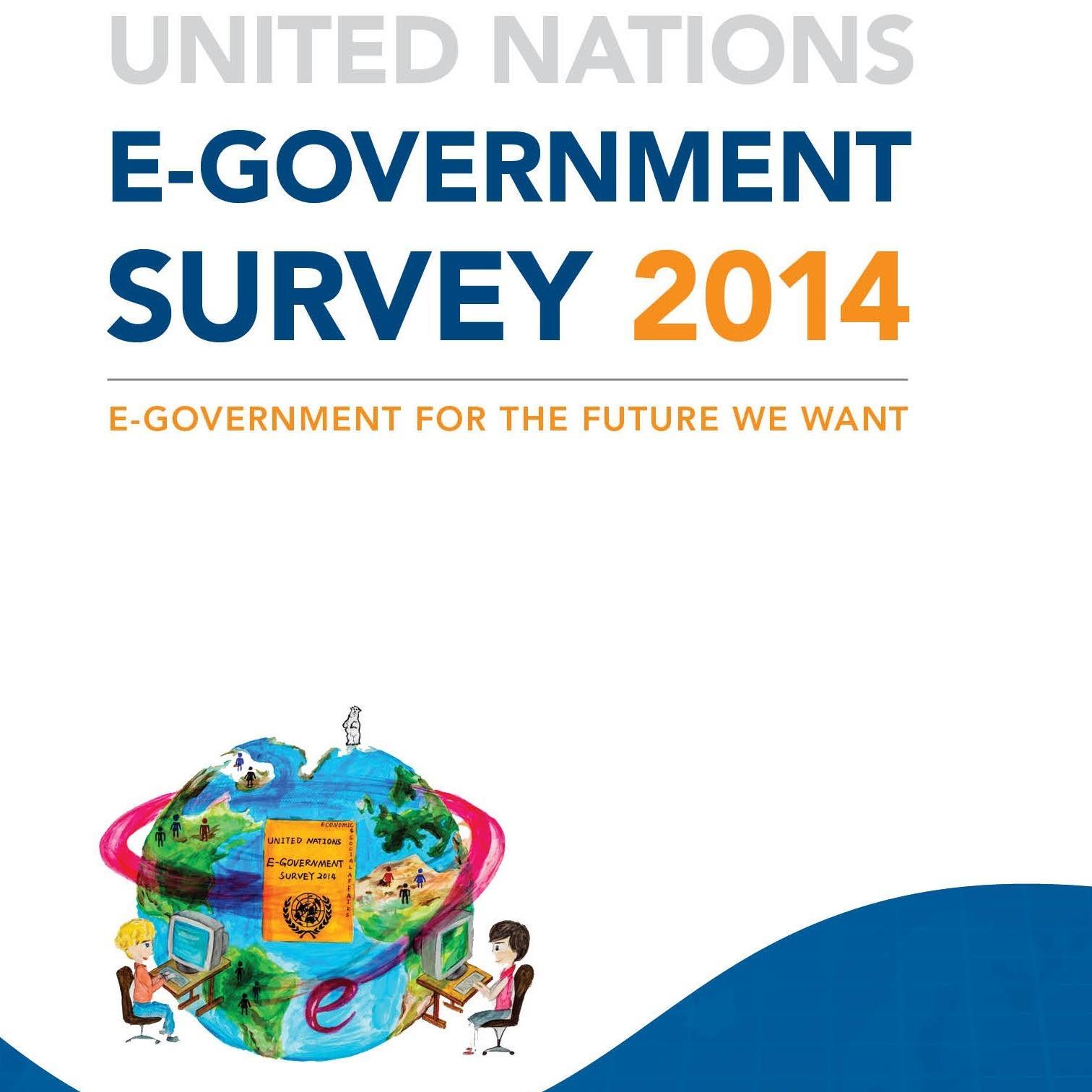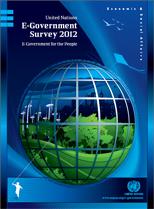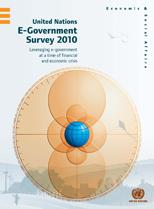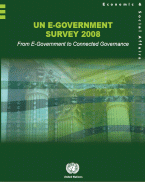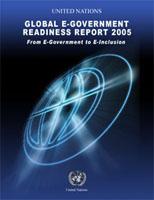| UN E-Government Surveys | Digital Government | Local Governance | Participation and Accountability | Public Institutions
UN E-Government Survey 2024
This thirteenth edition of the United Nations E-Government Survey, released in 2024, provides a comprehensive assessment of the digital government landscape across all 193 Member States. The 2024 Survey highlights a significant upward trend in the…
| Research Notes | Public Institutions
A Glance at Least Developed Countries’ Institutional Arrangements for SDG Implementation at the National Level, 2015-2021
This paper analyzes the development of national institutional arrangements in support of the implementation of the Sustainable Development Goals (SDGs) since 2015 in the 46 Least Developed Countries (LDCs). The analysis is based on a set of…
| Research Notes | Digital Government
E-government for Resilient Governance: Opportunities and Challenges in Crises
This paper analyses how governments’ digitalization influences the resilience of governance in context of crises. The first part explores the concept of institutional resilience and draws a picture of how data and the Internet can contribute to…
| UN E-Government Surveys | Digital Government
UN E-Government Survey 2022
The United Nations E-Government Survey 2022 is the 12th edition of the United Nations’ assessment of the digital government landscape across all 193 Member States. The E-Government Survey is informed by over two decades of longitudinal research,…
| UN E-Government Surveys | Digital Government
UN E-Government Survey 2020
The year 2020 witnessed a transformational change in global development as the United Nations Secretary-General António Guterres called on Member States and other stakeholders to “kickstart a decade of delivery and action for people and planet”,…
| UN E-Government Surveys | Digital Government
2018 E-Government Survey
2018 E-Government Survey
The 2018 UN E-Government Survey is published as the implementation of the 2030 Agenda for Sustainable Development Goals (SDGs) advances to its third year. Governments have the critical responsibility to pursue policies and…
| UN E-Government Surveys | Digital Government
E-Government in Support of Sustainable Development
E-Government in Support of Sustainable Development
The UN E-Government Survey 2016 on “E-Government in Support of Sustainable Development” offers a snapshot of trends in the development of e-government in countries across the globe. According…
| UN E-Government Surveys | Digital Government
E-Government for the Future We Want
E-Government for the Future We Want
The United Nations E-Government Survey 2014: E-Government for the Future We Want was completed in January 2014 and launched in June 2014. The theme of the 2014 is particularly relevant to addressing the…
| UN E-Government Surveys | Digital Government
E-Government for the People
E-Government for the People
The United Nations E-Government Survey 2012: E-Government for the People was completed in December 2011 and launched in February 2012. The 2012 edition of the survey was prepared in a context of multiple challenges of an…
| UN E-Government Surveys | Digital Government
Leveraging E-government at a Time of Financial and Economic Crisis
Leveraging E-government at a Time of Financial and Economic Crisis
The 2010 United Nations e-Government Survey: Leveraging e-government at a time of financial and economic crisis was completed in December 2009 and launched in early 2010. The report…
| UN E-Government Surveys | Digital Government
From E-Government to Connected Governance
From E-Government to Connected Governance
The UN E-Government Survey 2008: From E-Government to Connected Governance assesses the E-Government Development of the 192 Member States of the UN according to a quantitative composite index of e-readiness…
| UN E-Government Surveys | Digital Government
From E-Government to E-Inclusion
From E-Government to E-Inclusion
The spread of information technologies to a select group of people in the world is worsening disparities between the e-haves and the e-have-nots. There is a danger that unequal diffusion of technology, far from…
 Welcome to the United Nations
Welcome to the United Nations
